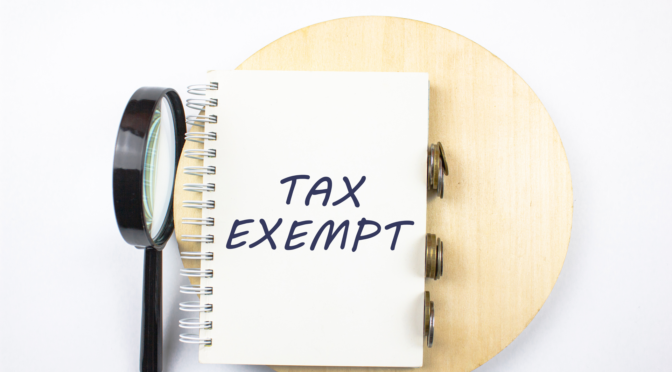Introduction:
In the dynamic landscape of not-for-profit (NFP) organisations, understanding the intricacies of income tax exemptions is crucial for financial sustainability. This blog aims to shed light on the factors that determine whether your NFP is exempt from income tax, the various types of exempt organisations, and the steps involved in assessing your eligibility.
Determining Income Tax Exemption:
The Australian tax law outlines specific criteria for NFP organisations to be exempt from income tax. This exemption is not universal, and only certain types of NFPs qualify. It’s essential to familiarise yourself with these criteria to ensure compliance and financial stability.
Types of Income Tax Exempt Organisations:
The tax law categorizes NFP organisations based on their structure and activities. Charities, religious institutions, and educational entities are some common examples. This section explores the different types of organisations that may qualify for income tax exemption and the specific criteria they must meet.
Requirements for Self-Assessing Entities:
Understanding whether your organisation can self-assess its entitlement to income tax exemption is vital. This section delves into the process of self-assessment, providing a step-by-step guide for NFPs to evaluate their eligibility. Clear guidelines will empower organisations to navigate this aspect confidently.
Taxable Organisations:
Not all NFP organisations are exempt from income tax. Some may have Capital Gains Tax (CGT) or Pay As You Go Instalments (PAYGI) obligations. This section outlines the scenarios in which an NFP may not qualify for exemption, emphasizing the importance of understanding and fulfilling any additional tax obligations.
Review Your Tax Status:
To maintain compliance and stay abreast of any changes, it is recommended that NFP organisations conduct an annual review of their tax status. Major structural or activity changes within the organisation should trigger an immediate review. This proactive approach ensures ongoing eligibility for income tax exemption and helps prevent potential issues with tax authorities.
Conclusion:
Navigating the complexities of income tax exemptions for not-for-profit organisations is essential for their financial health and sustainability. By understanding the criteria, types of exempt organisations, and self-assessment requirements, NFPs can confidently manage their tax status. Regular reviews, especially during significant organisational changes, ensure ongoing compliance and contribute to the long-term success of these vital entities in the community.






